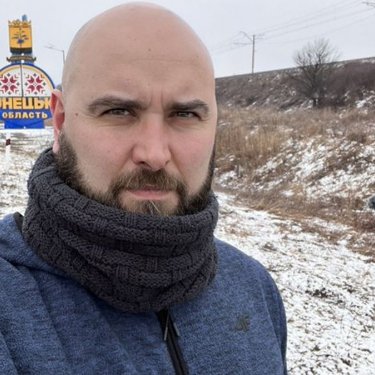RSF regrets the Polish judge’s decision to further extend the year-long detention of a Spanish journalist

Reporter Pablo González, accused of espionage for Russia, has been in custody for 12 months in the prison of Radom without being indicted. Reporters Without Borders (RSF) deplores the court’s order to extend his detention by another three months.
The Court of Appeal of Lublin has announced today, 27 February, that it extended the pretrial detention of reporter Pablo González until 24 May 2023. It has been exactly one year since the Spanish journalist was arrested by the Polish Internal Security Agency (ABW) in Przemyśl on accusations of spying for Russian services.
Considered as “a dangerous prisoner”, the journalist is detained in particularly tough conditions. He had to wear handcuffs at all times when he left his cell which is constantly monitored by cameras; prison officials forced him to undress several times a day and subjected him to extremely thorough searches. He was only allowed to shower once a week and was not granted a visit from a dermatologist for months despite a skin problem. Moreover, his wife was only allowed to visit him at the end of November, nine months after his arrest.
“We regret that the Polish court has refused to release journalist Pablo González as he waits for his trial for espionage. His detention, an especially harsh preventive measure, must end as soon as possible. In the meantime, the conditions of his confinement must be significantly improved.
Specialized in post-Soviet countries, Pablo González was covering the war in Ukraine and the refugee crisis on the Ukrainian-Polish border for Spanish media like the newspaper Público and the TV channel La Sexta when he was arrested.
The Polish authorities disclosed very few material elements justifying Pablo González’s detention. In particular, they alleged that the reporter had been in possession of two passports bearing different names, one Russian and one Spanish, implying that one of them constituted evidence of using a false identity for the purpose of espionage. González’s Russian passport names him as Pavel Rubtsov, using his father’s surname; his Spanish document identifies him as Pablo González Yagüe, using his mother’s two surnames. In fact, his mother decided, with the agreement of his father, to register Pablo with his Spanish name and surnames when they divorced and she moved to Spain with her son in the 1990s.
